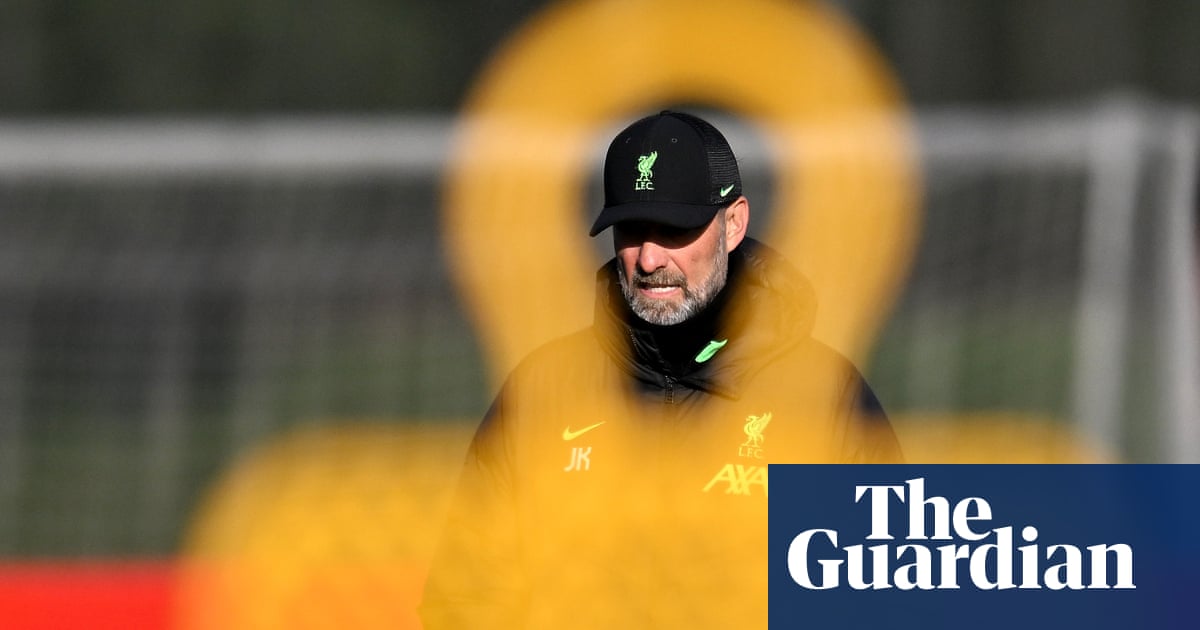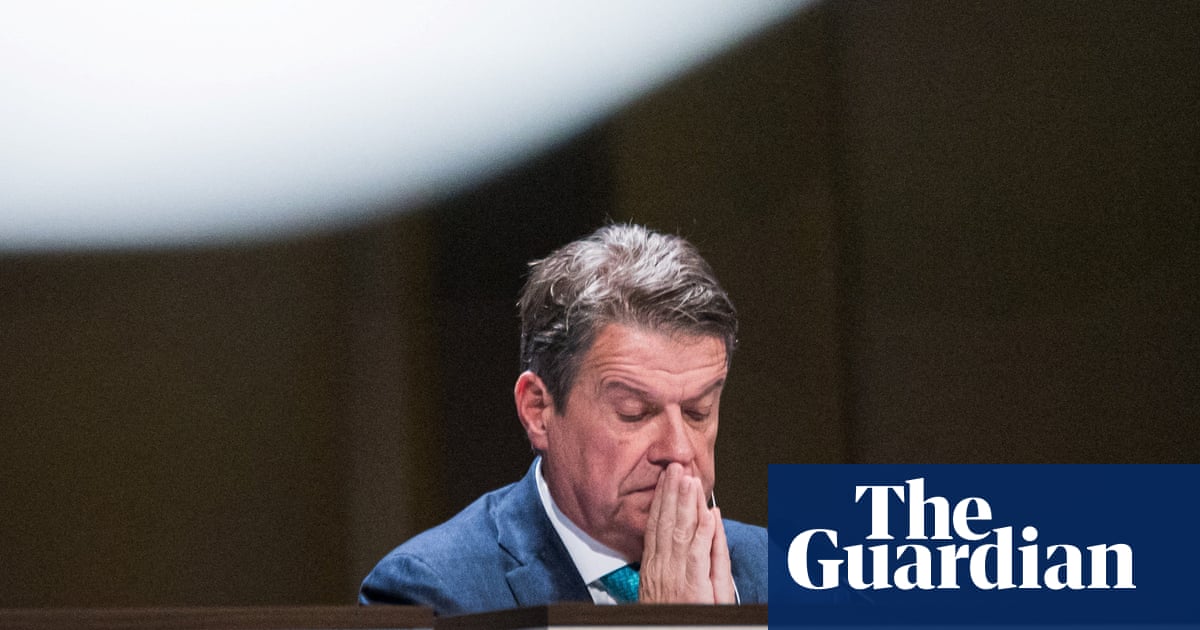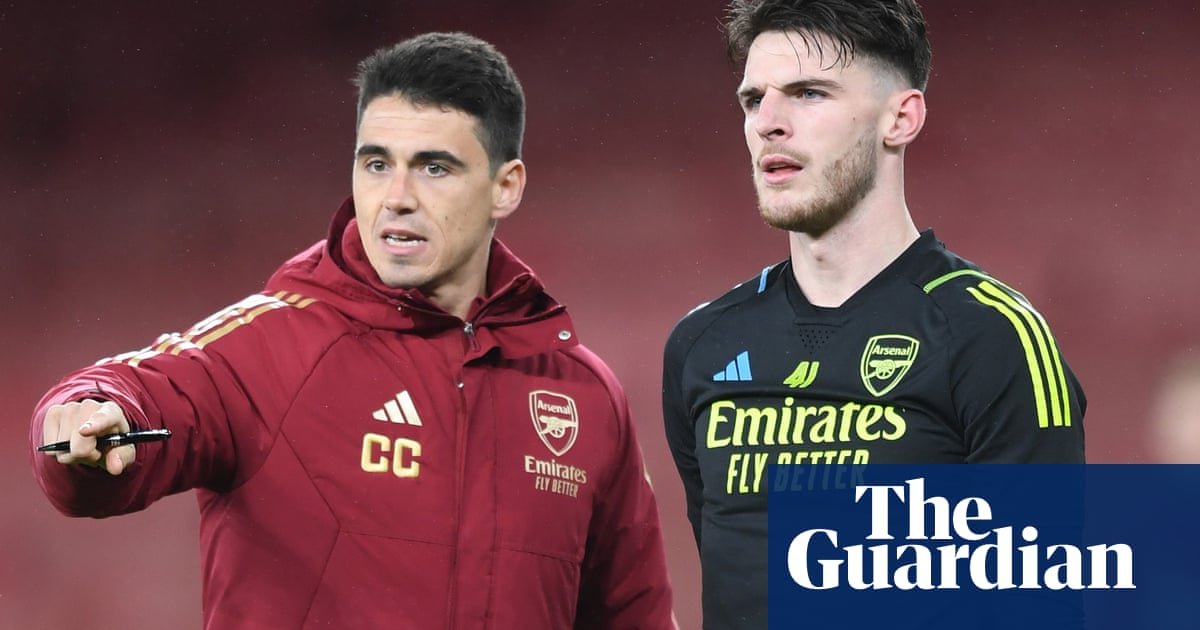
Before Noel Quinn could take on the top job at HSBC last summer, he first needed to make a deal with his wife. Quinn’s boss John Flint had just been ousted after only 18 months in charge, and the board wanted him to take the helm temporarily.
Although the task would be tough, the Quinns together decided it would put Noel in prime position to inherit the title permanently. HSBC insiders assumed it was a done deal as the 59-year-old Brummie prepared himself to unveil a new strategy this week. Yet his hopes of being more than just a “caretaker” for Europe’s largest bank could now be dashed.
Despite spending months plotting a major shake-up of HSBC and its 240,000 staff, to be unveiled alongside annual results on Tuesday, Quinn still does not know if he will get to keep his crown as chief executive.
No update is expected this week and sources say the references of external candidates are still being checked. HSBC sources this weekend insisted no decisions have been made.
The uncertainty leaves room for Kremlinology.
“The cynic in me suggests that the board wants to observe the market reaction to Quinn’s refreshed strategy first,” says John Cronin, a banks analyst for Goodbody. “Particularly if there are any controversial elements that proved testing during recent board deliberations.”
HSBC insiders agree with the speculation, one source saying he believes chairman Mark Tucker, pictured below, wants to “look at the response to the investor day and see if the market likes it and if he’s gone far enough” before committing to a final decision.
Having ousted Flint last August, a move that angered some senior HSBC bankers, the board have no room for errors. Tucker is understood to be working 80-hour weeks as the pressure weighs. He said last summer it would take up to a year to find a permanent replacement for Flint, yet many in the City had hoped Quinn’s strategy announcement would bring an end to the search this week.
Investec banks analyst Ian Gordon says it looks “bizarre” not to have a permanent boss in time for an update he believes is “the most significant event for the company since [ex-chief Stuart] Gulliver’s reforms of 2011”.
Quinn, a HSBC lifer who is popular internally but was relatively unknown outside until recently, will no doubt be disappointed if overlooked. He has made changes in an attempt to show he can make tough choices and stand up to Tucker, a former football trainee with a big personality.
As well as his plans to cut 10,000 jobs and pull out of some markets, those close to the bank say HSBC’s club of high earners face a cull. Almost 200 bankers were paid more than €1.5m (£1.3m) in 2018, the last annual report shows, and sources say Quinn has asked for a potential hit list of £1m-plus earners.
Quinn was advised early on to “decide who you want in the place and who you want to get rid of, and do it and do it quickly,” says one friend. Anyone deemed overpaid and underperforming will be shown the door, sources say.
“There’s a lot of wood to cut in that place and this is exactly the right thing to do,” says one person aware of the plans. “The lion’s share of these millionaires sit in banking and markets. There are tens of people earning more than a million and not doing very much. HSBC is paying people a lot to underperform.”
There has already been a steady stream of departures under Quinn. The senior exits are unlikely to tackle HSBC’s deep-rooted cultural challenges, however.
“The culture of that place is masculine and military, it’s very much command and control,” says a former employee. “Back in the day, if you were an international manager then that was a solely masculine job and you had to ask for permission if you wanted to get married. A lot of people at the top of the business, that’s exactly how they were bought up.”
Bank of Ireland chief executive Francesca McDonagh, who spent two decades with HSBC before leaving in 2017, was a “breath of fresh air” who HSBC should have worked harder to keep, he adds.
As well as cutting jobs and addressing HSBC’s laddish culture, Quinn, Tucker and popular finance chief Ewen Stevenson will have spent recent months plotting ways to improve performance.
Announcements this week could include the creation of a “bad bank” that will hold £150-200bn of underperforming loans, one person close to the plans said. Speculation is also mounting that the axe is close to falling on HSBC’s global equities unit.
“To get the share price up the group needs radical surgery,” says Investec’s Gordon. “This is primarily an exercise in making the “bad bits” smaller. In the US, HSBC is simply subscale and, accepting the fact that an acquisition there would be unconscionable in the context of HSBC’s chequered history, it needs to lose its sense of attachment to that market which will continue to act as a drag on group returns.”
Internally, investment bankers are hopeful they will be untouched in the redundancies as Tucker has signalled he wants to protect their business, one person says. The relief has helped offset anger at the bonus pool sliding 16-17pc in global banking this year.
As questions remain over who might take control of the bank, HSBC’s board is left making tough decisions without a permanent chief executive and amid growing concerns around coronavirus in China, where it is the largest foreign player.
Last week it offered to ease borrowing terms for companies in Hong Kong, HSBC’s single biggest market and where it was founded in 1865. Only $100m (£77m) of HSBC’s $4.8bn third-quarter profit was generated outside Asia.
Some investors are losing patience. One top 15 shareholder says it “all feels a bit internal” adding that Quinn has not reached out to the City and there are concerns he will become an “assistant chief” to Tucker. “You want someone who is radical and seen as a fixer – [outgoing Credit Suisse boss] Tidjane Thiam could be an interesting choice,” he adds.
Others disagree. “To change course again at this stage could be damaging, irrespective of the merits of any external candidate waiting in the wings,” says Gordon.
HSBC declined to comment on its plans.












